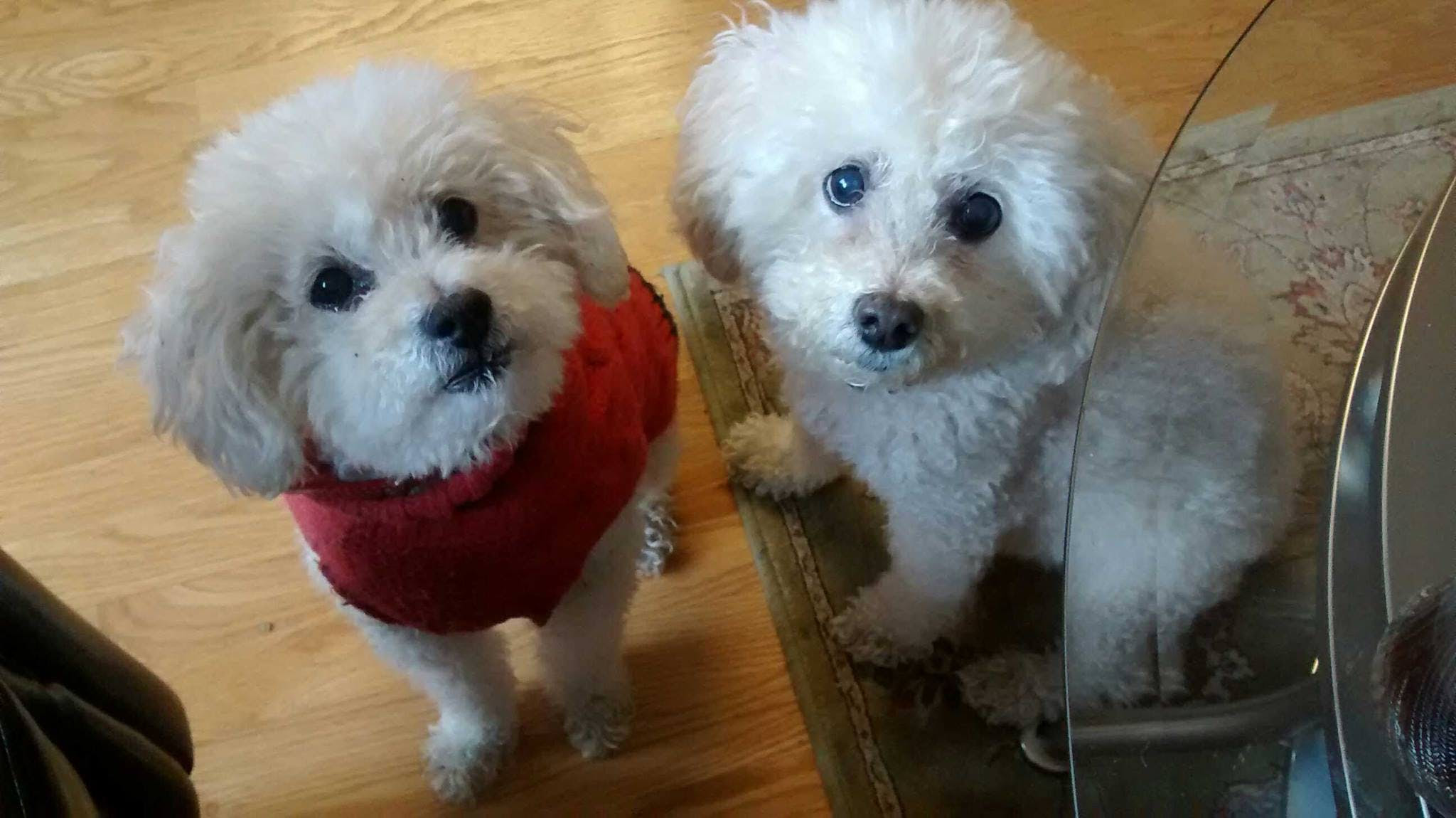

Read Ep. 16 | Show Notes
I’m giving away a copy of Dr. Sheil Shukla’s exceptional new book, Plant-Based India!
Enter below for your chance to win!
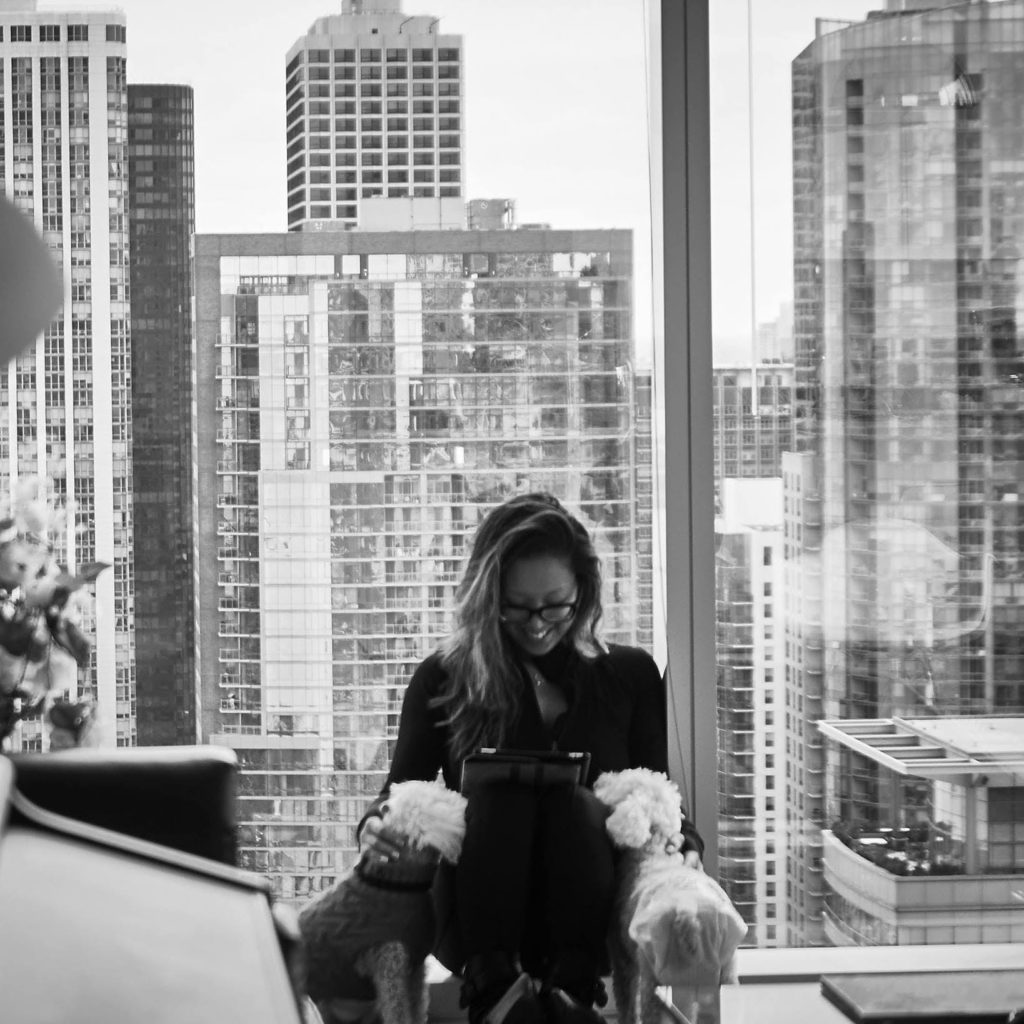
I would say, hands down, the most frequent question I receive is “why did you go vegan?”
It’s a totally fair question and I enjoy answering it as often as I can. However, the answer isn’t straightforward. I didn’t just wake up one morning and decide to go vegan. There are some people who do that, but I’m not one of them. My “vegan story” can’t be distilled into a sound bite, and therefore, that story has inevitably come out in a somewhat piecemeal fashion. For example, when interviewed by CBS, where they took 3 hours of footage and edited it down to an 8 minute segment, you’ll hear only one part of the story: “I went vegan because of my boyfriend.” In my cookbook on the other hand, where I included one short essay per chapter (instead of a full memoir), you’ll discover that my father’s illness also played a role in that decision. It might thus seem as though I’ve been giving inconsistent “testimony” on what would, on the surface, seem like a pretty simple question.
So, this is my vegan story–the full, uncut, unabridged version.
Why I Can’t Watch Animal Planet.
I’ve loved animals my whole life. My brother and I were those kids growing up who rolled down the window and waved at the cows and the horses on countless road trips through southern Illinois. I begged for a dog every single Christmas, daydreamed about having a wriggling golden puppy pop out of a perfectly wrapped box under the Christmas tree. When I was 10 years old, my family went to South Korea for the summer, and I wanted to rescue every single stray dog that I encountered on the streets and take them back home with me to Chicago.
This isn’t atypical, though. I would hazard a guess that 99.9% of children would act the same way in the above circumstances. Animals are fuzzy, irresistibly cute, and playful. What child wouldn’t want to bring home live versions of the toys they hug to sleep at night?
It wasn’t until I graduated college that something really clicked inside of me. I’d just started my first “adult” job as a resume writer for a large outplacement firm in the city. I still lived with my parents in Wilmette, so I took the train in and out of downtown everyday. One afternoon, while wading through the throng at Union Station to catch my train home, I saw a visually impaired gentleman with his service dog–what appeared to be a black and white Border Collie–at his side. They were about 20 feet from where I stood. It wasn’t a totally uncommon thing to observe in one of the busiest depots in the country, but something stopped me in my tracks. It was a bright summer day–I can remember the way the light streamed in through the glass ceiling, splashing indiscriminately onto worn leather briefcases and mops of shiny hair, as commuters swished past the animal.
The truth revealed in that moment–the defenselessness of animals forced to share a planet with those who are as indifferent to their existence as professionals eager to return home after a long day of work–frightened me. There was some unfamiliar part of me that wanted to reach out, stretch my arms as far as they could go and pluck the Border Collie right out of the chaos. In retrospect, I was more than likely projecting all the fears I had about being an adult–traversing a suddenly terrifying and uncaring world as my own person–onto a well-trained service dog, one that had likely been through that crowded corridor, or ones like it, dozens of times. But, it doesn’t really matter. From that point on, my cute childlike love of animals turned into something far more powerful.
Something that could hurt me.
I turned away from the Border Collie and kept walking. On the train, I examined these new feelings, picked over them like the worn seashells my grandmother and I would collect on the beach. There was no resolution stepping out of the subway that day, no sudden commitment to change anything, myself or the world. Whatever passed between me and that Border Collie remained too vague to catalyze any intention.
Still, from that point on, I found myself unable to watch Animal Planet–what had been one of my favorite networks on TV. I was too afraid that the animals I was seeing on the television screen were somehow being abused or would end up dying. In fact, after the movie “My Dog Skip” sent me into such deep depression that I couldn’t leave my house for a week, I stopped watching any form of media that prominently featured animals at all. And after years and years of being denied anything more than a hamster, I finally put my foot down and said, “I’m an adult now, I’m going to get a dog” (even though I still lived with my parents…). This began my decades-long journey as a “dog mom.”
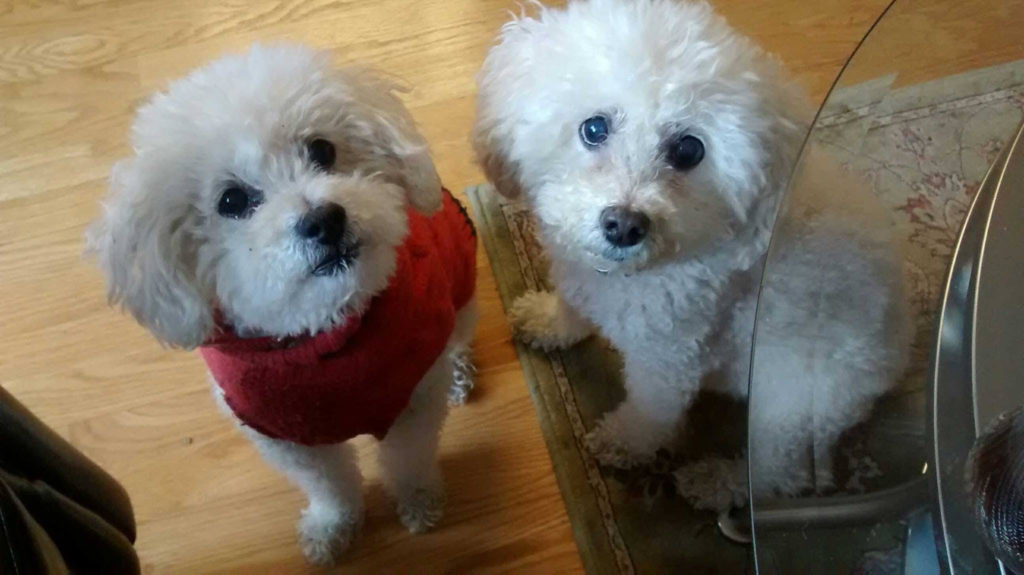
That Time I Went Vegetarian.
None of this changed the way I ate though–with one important exception. After my brother and I watched the movie Instinct, we both went vegetarian. Actually, he decided to stop eating meat first and I joined him. We didn’t ever discuss why, but my brother and I have that kind of relationship where we don’t have to.
Instinct stars Anthony Hopkins and Cuba Gooding, Jr. in a Jane Goodall-esque psychological thriller. Cuba Gooding, Jr. plays a young psychotherapist tasked with rehabilitating Anthony Hopkins’s character, Ethan Powell–an anthropologist who apparently suffered some type of episode, causing him to go on an inexplicable killing spree. SPOILER ALERT: It turns out that it wasn’t inexplicable at all. After years of patient work, Powell is finally accepted as part of a family of gorillas. The silverback of the family (i.e., the alpha) begrudgingly tolerates Powell’s inclusion. One afternoon, while Powell sits peacefully with his gorilla family, a group of poachers appear. In the chaos, the silverback is shot to death. But that isn’t what breaks Powell’s mind. It was that the silverback was shot while attempting to shield Powell from the bullet headed in his direction. In the end, the giant grumpy silverback viewed Powell as one of his own and sacrificed his life for Powell’s.
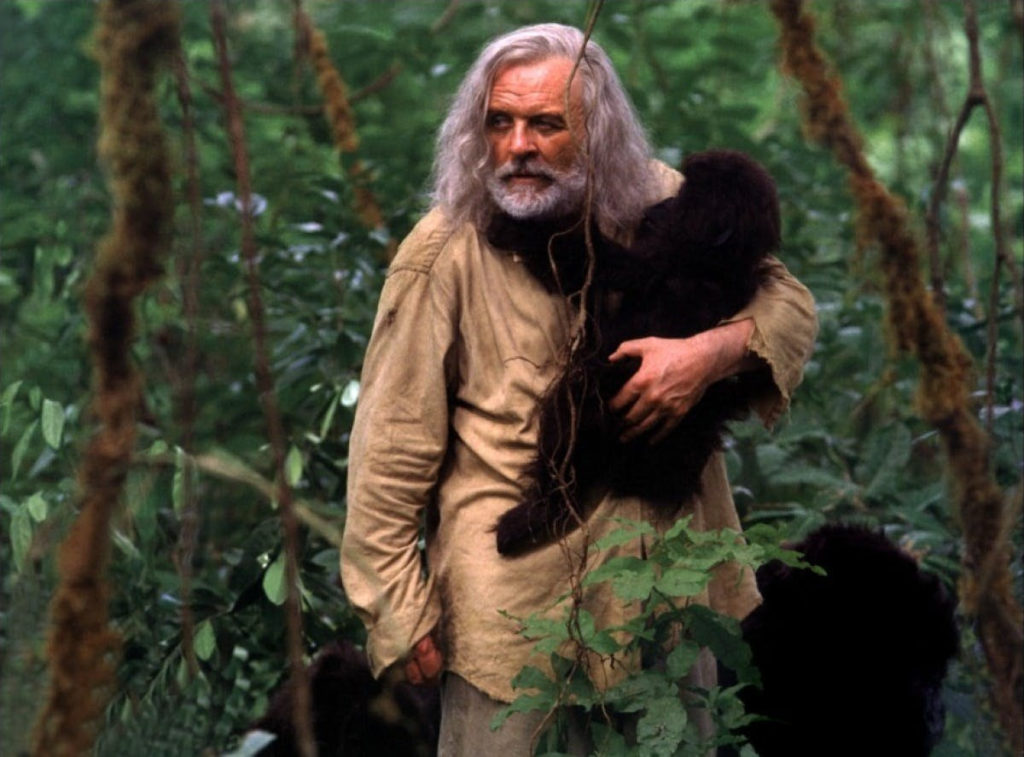
I didn’t require an in-depth analysis of the film or its effect on my little brother to know exactly why he decided to stop eating meat. I was curled into a ball, pressed up against the wall by the end of this movie. I felt Powell’s despair, the unforgiving blade of failure in my bones. Because that’s what we saw it as–a failure. Powell failed to protect those he could have, those he should have, in the same way my brother and I often felt we failed to protect someone we could have, someone we should have:
My father.
There is no doubt in my mind that my brother and I subconsciously saw our father in the emotionally aloof silverback. The power imbalance between the diminutive Powell, as a human, and the enormous silverback, as an animal, was a jarring reminder of the leverage we, as children, had on our immigrant dad, one who was infantilized or othered by his colleagues and peers because of his thick accent, strange food, and unusual mannerisms. But it wasn’t just the fact that he was an immigrant that made our father so painfully vulnerable. Daddy had always been a little different, one foot planted in a world that only he occupied. I often described my father as though he were stuck inside a bubble, one that rendered him emotionally unavailable and hard of hearing (literally). It was maddening, at times, but it also made us realize, quite early on, that if Daddy was stuck in his own fuzzy reality, then he wasn’t always going to be able to defend himself, in actual reality, from the colleagues who made fun of his kimchi breath but pressured him into bringing egg rolls every year for the holiday party, from the bank teller who rolled her eyes at him because it took him a little longer than most to find his ID or recite his account number, from the woman who seemed to think that the most effective way of penetrating her husband’s bubble was to yell at him in front of their kids.
Allowing our father to die for us was not something we could stomach. So, we did the only thing that made any sense:
We stopped eating meat.
For one week.
Yup, our vegetarianism lasted one whole week!
In our defense, we dove into our “activism” feet first, without doing any research or study. Moreover, we weren’t yet fully formed adults (i.e., our mom still made most of our food, lol). And back then, there was no such thing as an “Impossible Burger” to soften the landing. After one particularly disgusting mushroom burger, we both rationalized to ourselves, “surely, what two human beings out of 7 billion human beings eat isn’t going to make any difference,” and happily resumed devouring Big Macs.
Despite my enthusiastic resumption of a carnivorous diet, that one week stint as a vegetarian made it impossible for me to claim ignorance. I could no longer say, “Ya know, I never thought about how it might be kinda weird to love pigs but also eat them.” I remember, once, having dinner with a group of friends. One of them lamented the tragic failure of our justice system to protect against animal cruelty–all while licking her fingers as she chowed down on a burger. The absurdity of it wasn’t lost on me. This truth was inconvenient, though, and interfered with my enjoyment of pork belly. Thus, though I couldn’t get rid of it, I buried it, deep within the chambers of cognitive dissonance, so that I could eat my samgyupsahl in peace.
But, when I became a dog parent, when I looked into the large brown eyes of my Daisy girl or counted the number of kisses I received from my Rudy boy, that thorn of a truth had a way of wriggling out and prickling my chest. Could I really say “I love you with my whole heart” if I reserved some part of it for bacon burgers? [Because even I refused to adopt the intellectual chicanery necessary to distinguish the consumption of dogs from pigs.] I knew I couldn’t, but because the world told me that it was ok to love animals with only a portion of my heart, I had license to continue walking down the path of least resistance.
Yes, My Boyfriend Played A Part.
As I’ve mentioned in previous newsletters, I met Anthony in 2014 through OkCupid. Ours was a fairly standard courtship, at first, and, yes, I wasn’t above showing him that I could be good at just about anything I wanted to be–including cooking. I didn’t cook very much, but I’d watched enough of the Food Network (which became my new favorite channel after I stopped watching Animal Planet) to figure out the basics and pull out a couple of showstoppers for date night. But, in the beginning, that’s all it was–a way of showing him how awesome I was.
About one year into our relationship, Anthony’s father grew gravely ill. Anthony was dividing his time between teaching, practicing, and the hospital. The hospital was walking distance from my house, so I often visited his dad with him, stayed with his father when he couldn’t, did what I could to take some of the load off of his shoulders. It was the first time in our still very new relationship when Anthony seemed to need me, and I tried my very best to serve him and his family as effectively as I could. I suddenly realized how much I’d grown to care for this man and his family. Subsequently, cooking for Anthony and even his family became more than a way to prove my worth or inflate my ego. I was falling in love with Anthony, but because I was too terrified to admit it to myself (much less him), like my mother and grandmothers before me, I used food as a vehicle for my affection.
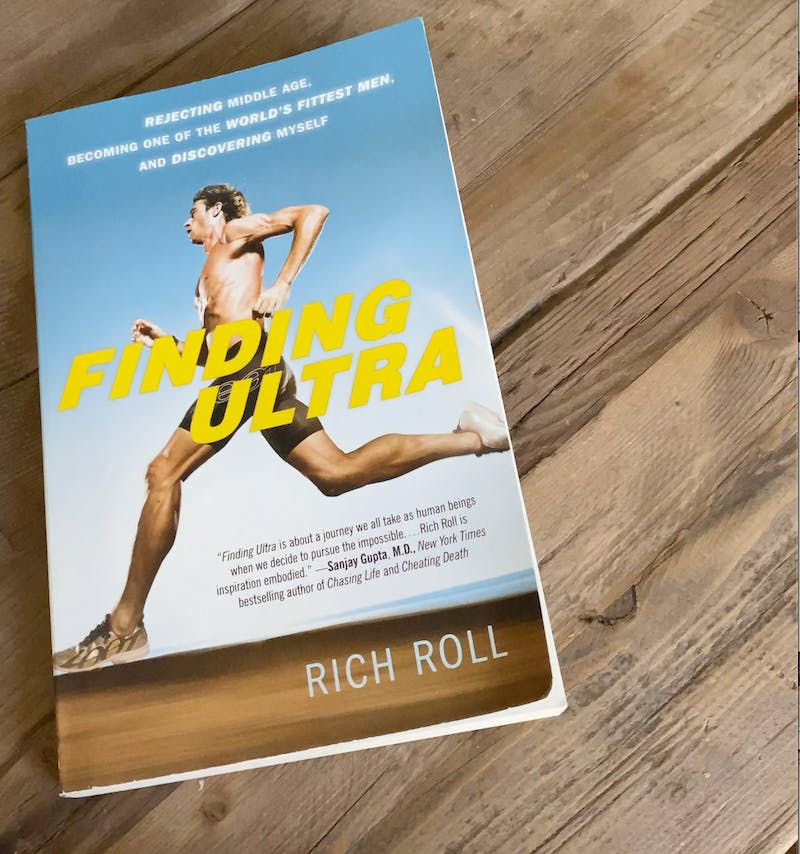
I remember towards the end of summer, Anthony’s Zia flew in all the way from Italy, together with Anthony’s cousins. After spending time with Robert in the hospital, they all came to my apartment for dinner. I’d gotten home late from work and didn’t even have time to change before the most impossibly elegant Zia Menica seated herself on my living room couch, her eyes–exactly the same penetrating shape as Robert’s and Anthony’s–resting themselves on me as I harried my way to the kitchen. I ended up cooking the entire meal, from start to finish, still in my suit and high heels. Later that night, she told Anthony that “[I] was a very interesting woman.”
Robert passed away in October from complications related to autoimmune issues. We’d all spent hours and hours in the hospital, so it wasn’t surprising that Anthony picked up comments from the doctors here and there about how diet might have played a role in Robert’s illness. This ultimately led to him reading Rich Roll’s Finding Ultra, a book recommended to him by a friend who, like Anthony and Robert, was a long distance runner. And then, one day, in late December, Anthony announced,
“That’s it. I’m never eating meat again.”
Uh….
Notwithstanding the rumination inspired by my brief vegetarianism, I went pretty much 180° in the opposite direction. By the time Anthony made his meatless declaration, I was a full-on paleo girl. I was convinced that animal fats and proteins were good and that carbs were the devil incarnate. Not coincidentally, I was also inside the grip of an eating disorder and totally obsessed with getting as lean as possible in order to ensure my boyfriend didn’t get bored of me. Therefore, although I also picked up a copy of Finding Ultra and was moved by the author’s struggle with alcoholism, I basically checked out as soon as Rich started talking about the health benefits of a plant-based diet. “What an uneducated and antiquated point of view,” I thought, before putting the book down.
But, Anthony was sold. And, if there’s one thing about Anthony, he’s about as stubborn as they come.
I wasn’t shy about conveying my skepticism. “Do you know what a ‘vegan’ even is?” [I’m still not persuaded that he did.] I provided him with all sorts of articles highlighting the need for animal protein. He countered with articles of his own. I argued it was impractical to be vegan in this day and age. He claimed it was just plain stupid not to be. I even revealed my heart to him, explaining how I used food as my love language, and that if he so radically changed his diet, he would essentially be silencing that part of me.
Ultimately, though, it was the fact that a white man was asking me to adopt what I viewed to be a “white” diet. As I’ve talked about before, interracial relationships can come with their own unique challenges, and I already had some level of mistrust for Anthony and his understanding of my cultural identity. Explaining to him that going vegan would essentially cut me off from my culture was difficult, in part because my anxiety was a result of decades of feeling othered for my food. How does one convey such a complicated experience with a handful of conversations on kimchi (which is not vegan)?
Despite all my efforts, Anthony stuck to his word. Come January 1, 2016, he stopped eating meat. He reassured me, repeatedly, that this was his decision and his alone, and that he didn’t expect me to join him. Still, he not-so-subtly queued up movies like Food, Inc., Forks Over Knives, and Cowspiracy each night. I’m a fair-minded person. Even if I was admittedly uncomfortable with the idea of him going vegan, I wasn’t opposed to watching films that provided some insight into that decision. I watched them with an open mind, and perhaps some part of me wanted to be convinced, because, man, it was getting pretty darn annoying cooking two different dishes for dinner! And, on a more serious note, it was becoming ever clearer to me that, despite Anthony’s reassurances to the contrary, regularly eating meat when he chose not to wasn’t going to be sustainable for our still budding relationship. By then, I knew enough of Anthony’s personality to predict that eventually, every time I ordered a chicken sandwich or wanted to eat Korean food (which is 90% not vegan), he’d instinctively judge me for it, asking himself, “After everything she’s read and seen about the impact of eating meat, how could she possibly still do it?” Over time, that judgment would chip away at the respect he had for me, and once that was gone, well, so was our relationship.
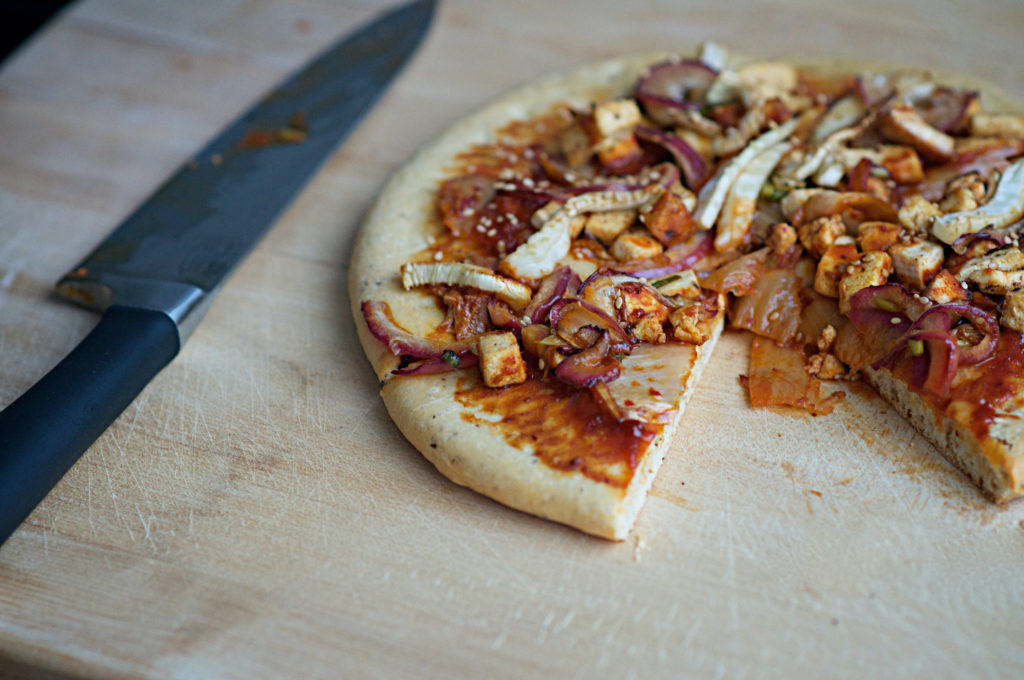
With what I viewed as my love life on the line, my internal monologue morphed into an ongoing debate between the pros and cons of a plant-based diet. Despite loving animals, I’d erected such a fortress against feeling their suffering over the years, that I knew it wouldn’t be enough to suddenly change my mind. While Forks Over Knives did an effective job of challenging some of my long-held beliefs regarding animal protein and carbs, it wasn’t until I watched Cowspiracy that I started to really consider, at a minimum, reducing my meat consumption. It was one thing to point to the suffering of animals. It was an entirely different thing to discover that eating meat was hurting every living thing on the planet.
Against this backdrop, I remember quite vividly the moment I decided, “Ok, I’ll try it out.” I was sweeping the floor of Anthony’s kitchen. I’d just read another article on Facebook (which, by then, was onto the fact that I was investigating a plant-based diet) that talked about how “losing weight” was a “side effect” of going vegan. And it was like an avalanche was rumbling towards me: the constant arguments with Anthony, having to cook two different recipes all the time, the growing knowledge that eating hot dogs was destroying our planet, and, now, a direct appeal to my achilles heel, i.e., my weight. All of a sudden, going vegan became the path of least resistance. I shrugged my shoulders and said to myself, “Well, I’ll give it a try. If I don’t like it, then I don’t have to stick to it.”
A couple weeks later, my mother called me at work. She was crying.
“Daddy’s in the hospital.”
The Day I Gave Up Meat for Good.
Forks Over Knives definitely had me questioning whether I was not only unnecessarily punishing myself with a low-carb diet, but actually harming my body and setting myself up for cancer at some point in the future. But, that’s the thing–it was “in the future.” Humans have this innate inability to truly appreciate a crisis until it smacks them straight in the face. I didn’t have Type 2 diabetes, breast cancer, or heart disease. Neither did anyone in my family. I remember one study featured in the movie showed a direct correlation between the rising incidence of prostate cancer in East Asian men and the uptick in their consumption of meat that started in the 70s. It made me think of my dad. I literally visualized him eating pizza, fried chicken, butter–foods he only started eating when he came to America in the 70s. But, I shelved the image for a later day, because on that day, my father didn’t have cancer. In fact, he played golf practically every day and was in excellent health.
So, when I picked up the phone and heard my mother’s voice break, my entire body went still.
“What do you mean Daddy’s in the hospital?”
It turns out my father had received some irregular test results that suggested he might be at risk for prostate cancer. At the recommendation of his physician, he went in for a biopsy. Within 24 hours, he collapsed in my parents’ bedroom. My mother found him unconscious on the floor, right next to their bed. She called 911 and the ambulance rushed him to the nearest hospital, where he was admitted to their ICU. By the time I arrived, my father was lying in bed, inside a cage of plastic tubes and wires, something that looked like a sterile accordion wheezing next to his head. Omma was standing next to him, as if on guard, her posture officious and clinical–ever the nurse–with the exception of her hands. She placed them on my father’s face, an act of tenderness from her that I had never witnessed in my entire life. “Keun Hyung,” she whispered, the name she’d used for him for as long as I could remember, meaning “Big Big Brother,” in reference to his status as the oldest brother in his family, and, for the first time in possibly ever, a sign of my mother’s deep respect.
“Omma, what’s going on?”
She turned to me. Walked over to me. “He has an infection. Sepsis.”
“What? How? How did he get sepsis?”
“He went in for a biopsy yesterday. We think he may have picked it up during the biopsy.”
I went to my father’s bedside. And as I leaned over, his eyes fluttered. “Joanne?”
“Hi Daddy,” I whispered, clutching his hand.
“Joanne. You didn’t have to come,” he croaked. “You didn’t have to come.”
A couple days later, while my father was still in the ICU, my mother told me that his biopsy came back positive for prostate cancer. I went to the restroom down the hall. I sat on the toilet, pressed the heel of my hand right into my lips until they hurt. I hadn’t prayed or been to church in years, but surely, it had to be more than a coincidence that not two weeks ago, I’d seen a study connecting the consumption of meat to the very same cancer now poisoning my father.
So I sat there, on the toilet, and lifted the following words to God:
“Ok. Just don’t let him die. I’ll never eat meat again.”
Unintended Consequences.
To be accurate, the above is the story of why I went plant-based. The following is the day I went vegan:
There was this cute little cafe right next to my condo that served delicious granola and, my personal favorite, fried chicken sandwiches (I take after my dad in many ways). In fact, the last piece of meat I had before my “moment on the kitchen floor” (i.e., when I decided to try going meatless) was a chicken sandwich from this restaurant.
It had been about a month since I’d decided to give up meat altogether. I was walking home from the office and as I passed the cafe, I got a whiff of that fried chicken sandwich. I thought to myself, “I could slip right in through those revolving doors, order a sandwich, and no one would know….” But then, I thought about all the chickens stuck in cages, covered in their own feces, pumped with antibiotics and all sorts of chemicals to enlarge their breasts, just so I could have 7 minutes of pleasure. It became rather easy, then–I didn’t want that on my conscience any longer. Seven gluttonous minutes of gastronomic pleasure against a lifetime of suffering?
Yeah, no.
After that moment, I never ever EVER felt tempted to eat meat again.
A lot of things happened as a result of that decision:
- I started a blog called The Korean Vegan (you may have heard of it)
- My cholesterol levels plummeted
- I became really good in the kitchen
- I wrote an award-winning, bestselling cookbook
- I quit my job as a full-time lawyer
- I revisited Finding Ultra and got to meet Rich Roll in person (almost hyperventilated and threw up in the process, too)
But, undoubtedly, the most extraordinary “side benefit” of going vegan was freedom.
All the mental resources I was channeling towards maintaining the piece of fiction I’d erected all the way back when I saw that Border Collie in Union Station–that I could love animals, but still be totally ok with their needless slaughter just so I could eat my fried chicken sandwich and samgyupsahl–were now available to actually do something about my love for dogs and cats and horses and elephants. I could now love animals the way I’d always wanted, advocate on their behalf without reservation, find the strength to witness untold levels of animal cruelty so that I could arm myself with the tools to fight it. It was like finally being able to breathe after spending nearly four decades with a cage around my chest.
Most importantly, I could finally look straight into my Daisy’s and Rudy’s eyes and tell them, truthfully,
“I love you with my whole heart.”
Ask Joanne.
Hi Joanne I’ve loved your videos and the recipes you’ve shared. I bought your book and I’m looking forward to making some tasty dishes. I am trying to incorporate more exercise into my routine and I’d like to do more walking. I’ve heard you say to start by investing in a pair of running shoes, can you suggest a brand I could look for? I also have issues with motivating myself to be more active because I work a night job and don’t have a lot of energy during the day. I try to maximize my day by doing as much as I can; groceries, cooking for the week, chores, etc. I know committing to long workouts isn’t going to work for me so starting small with walks and pushup/abdominal exercise at home should be easy but it feels very arduous to break from my routine. Do you have any suggestions for better self motivation? -Brandon
Brandon,
First of all, congratulations on your commitment to a more active you! Do you know how easy it is to rationalize maintaining the status quo, taking that path of least resistance (see supra)? Don’t undervalue the fact that you now want to do something different, while acknowledging just how hard that is.
Let’s start with the easy question–shoes. My best advice is to go with the shoes that are most comfortable to you when you exercise. These might not be the same shoes you wear around the house. More importantly, the shoes that will prevent injury when you’re running or walking may not be the same shoes that will protect your feet when you’re playing tennis or weightlifting. If your chosen activity, for now, is walking or jogging, head over to your local running store. In my neighborhood, we go to Fleet Feet, where the staff are not only familiar with the shoes themselves, but also have a great working knowledge of how to analyze your gait, to ensure they fit you with the shoes that are best for you. In my own personal experience, I’ve found New Balance and HOKA to offer the most comfortable running shoes. HOKA, in particular, is great because they have shoes for so many different kinds of feet and surfaces (road v. trail).
Now, onto your second (much harder) question: better self-motivation. I won’t go over the importance of prioritizing exercise–you’ve already decided to make physical activity a priority. Rather, let’s focus on some practical tips on seeing your commitment through.
First, it’s easy to move something when you’re not tired. It’s harder to move that same thing when you’re exhausted. This is just physics. Moving yourself–emotionally, mentally, and physically–is easier after a good sleep and before you’ve expended so many of your finite resources. If you work a night job and thus sleep during the day, try to get that workout in first thing in your “morning” (i.e., our evening) right after a cup of coffee and a slice of toast (or other light meal), before getting ready for work. This might mean going to bed a little earlier than usual, to build in the extra 20 to 30 minutes before you leave for work, but this is the #1 piece of advice I give to folks who are struggling to start an exercise routine. Research suggests that morning exercise promotes metabolic health, can shift your body clock earlier (so that you feel more alert when you wake up), and makes it easier to stick to healthy habits.
Second, ask yourself, how come you brush your teeth every day? Side story: I used to HATE brushing my teeth when I was little. My grandmother had to chase me around the house with a toothbrush. It’s actually a testament to her tenacity that I still have all of my teeth, intact. But now, I brush my teeth, every day, twice a day, and even floss. Why? Because even if I hated it, eventually, it became a habit. Habits are formed through repetition, so start doing things that facilitate that repetition. Before going to bed, lay out your exercise clothes and shoes. I literally put my sports bra, running shorts, and socks right on my bedside table every night (which, let me tell ya, is very helpful during Chicago winters, when getting out of bed to get dressed is an act of torture). Find an exercise buddy, someone who’ll text you with “Hey, I’m waiting at the corner of 18th and Indiana” so you can’t squirm your way out of it. Put together a playlist of your favorite music, stuff that’ll get your body moving whether you like it or not! I have a “Running” playlist that I’ve listened to for about 6 years, and every time I hear the theme song from Rudy, I pick up that pace!
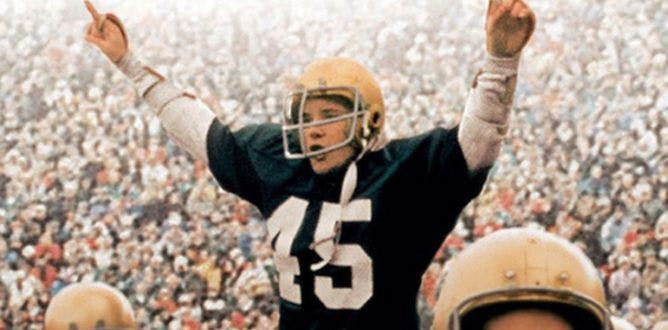
Habit formation can begin as early as 3 weeks. On average, it takes about two months for a new behavior to become automatic. I know that sounds like a long time, but it’s helpful to have a mini-goal in mind. When I’m running a marathon and all I want to do is stop and walk, I often play this game where I promise myself, “Ok, run to the next mile marker, and you can walk for a bit.” Nine out of ten times, I get to that mile marker and continue running, making the same promise to myself for the next mile marker. Commit to the following: “I’m going to stick with walking 20 minutes a day for the next 3 weeks. If I like how I feel after that, I’ll keep doing it. If not, I can cut myself some slack.” Chances are, you’ll like how you feel so much, you’ll keep doing it until it becomes automatic, but it’s the “out” you give yourself that removes the intimidation from committing.
Third, reward yourself. You want your brain to associate good feelings with exercise. And no, I’m not just talking about the “I feel so great about myself” feelings. I’m talking about literal dopamine in your veins. For instance, one of my favorite things to do right after a long run on a brutally cold day is to treat myself to a soy latte from Starbucks. Before long, my brain began to associate cold long runs with that sweet, hot beverage, taking a little bit of the sting out of having to run 18 miles in 14° weather. Another thing I love to do after running is to hop right into the shower, put my comfy robe on, crack open the doors to my bedroom patio, and then sit in bed with my dog Rudy (literally in his bed–it was humongous and comfortable) while watching TikTok videos for 45 minutes. During the pandemic, I did this ritualistically, and it became a part of my “running routine.” Think of something you like to do–something simple, not too costly, easy to incorporate right after your exercise. It could be a special way of preparing your coffee, spending a few minutes doing a crossword puzzle, chatting on the phone with a friend, or listening to your favorite podcast.
Finally, be patient with yourself. There will be days when you just won’t get your exercise in–the day gets away from you, something unexpected happens, or you just feel rotten. When that happens, it’s so easy to punish yourself, call yourself a failure, and, inside the pit of self-flagellation, quit. But remember this, Brandon. Quitting is a punishment, a needless and totally unproductive penalty that undervalues you, your body, and your worth. You are worth the inconvenience of shifting things around on your schedule. You are worth having to set that alarm a little early. You are worth picking yourself up even when you want to quit, and starting again.
Wishing you all the best.
Updates/Random Things (Show Notes)
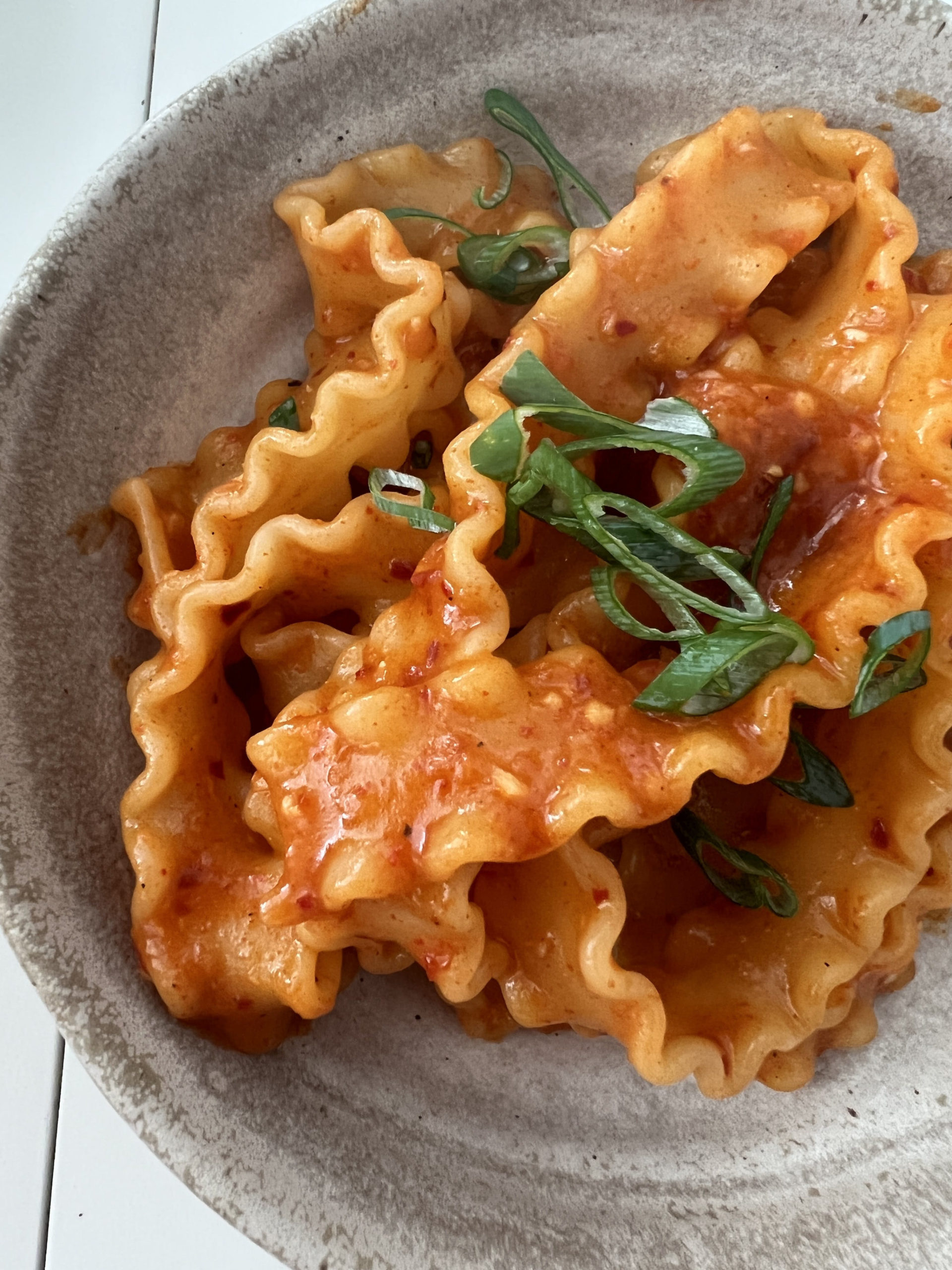
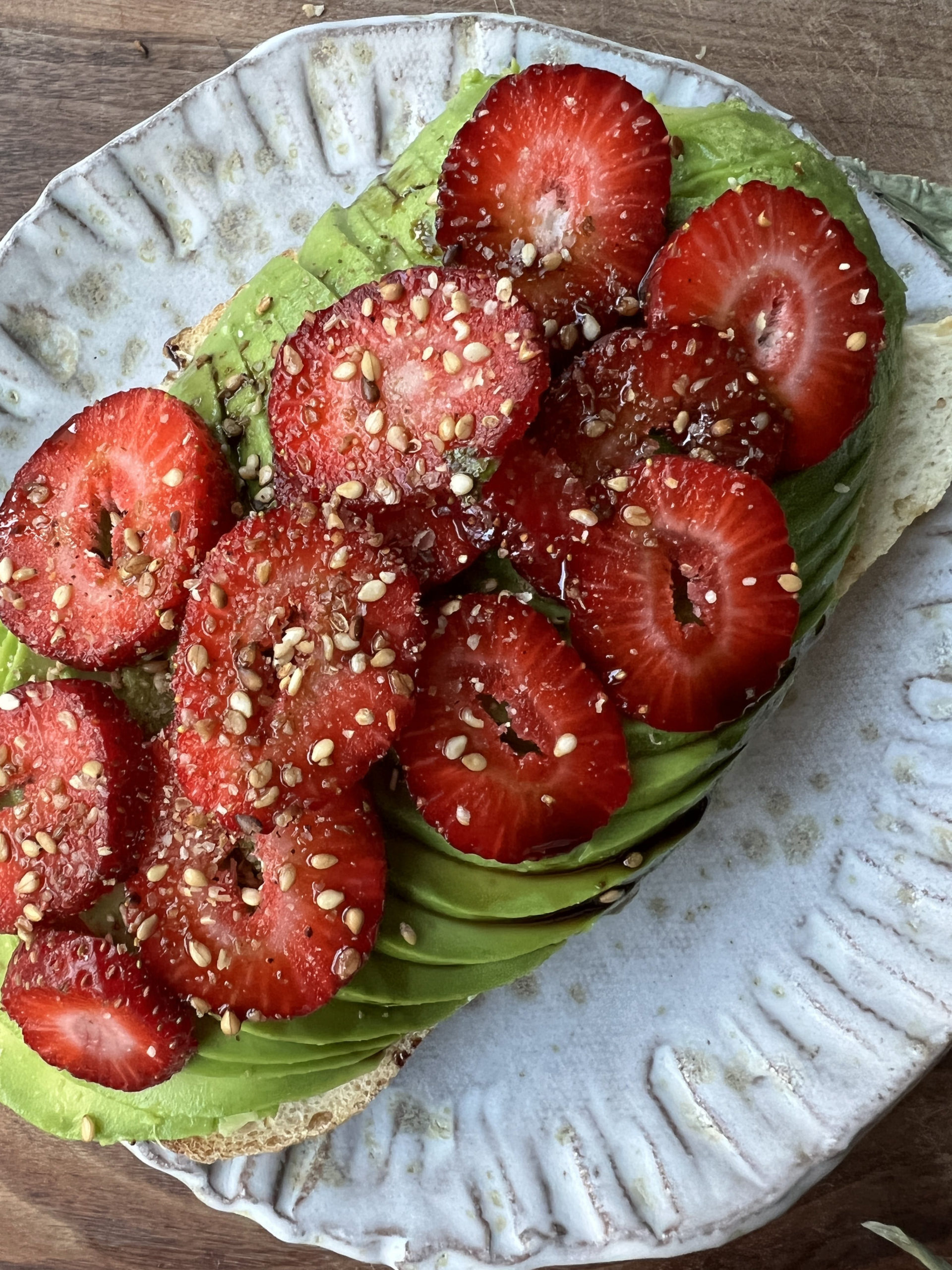
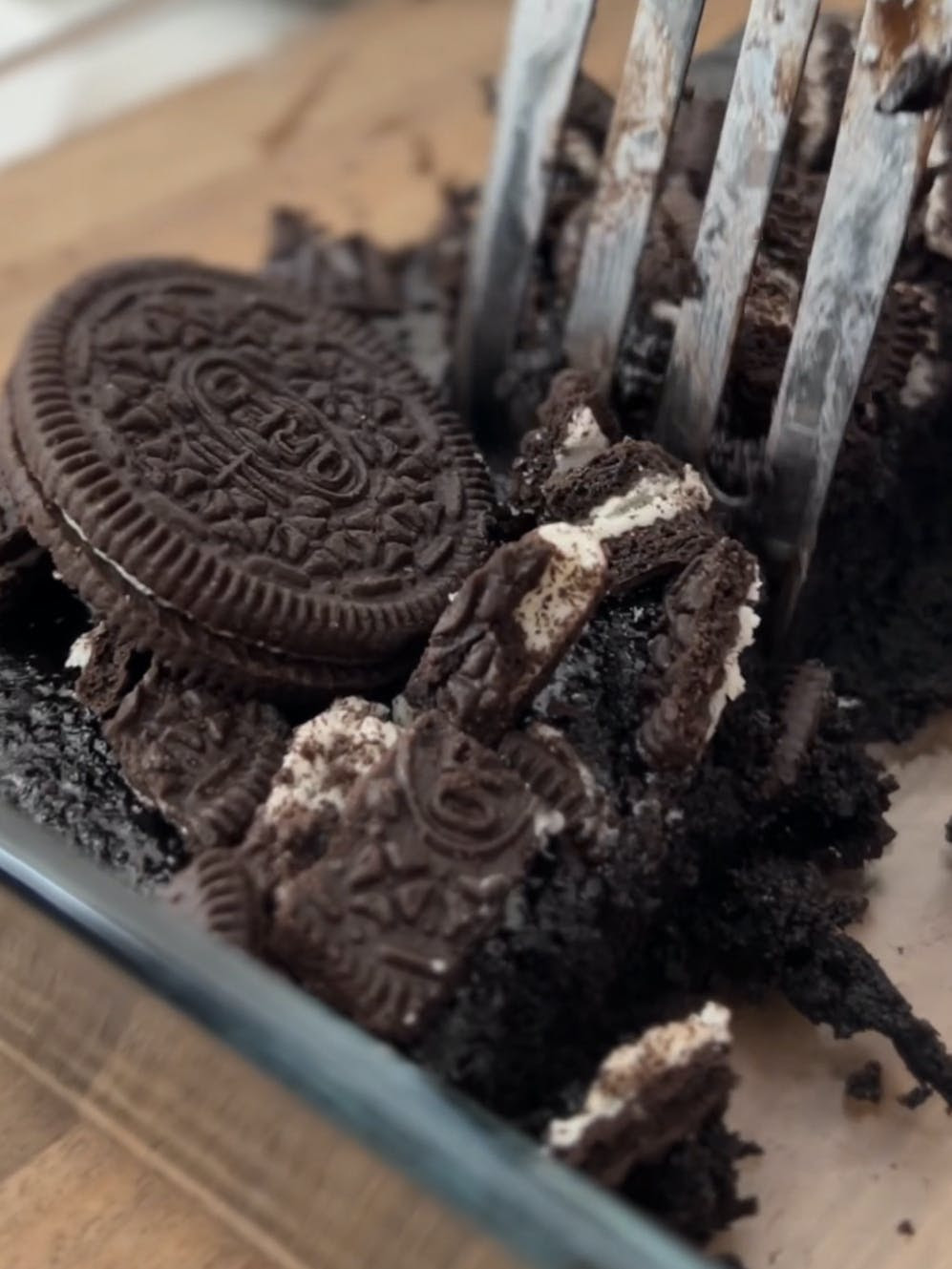
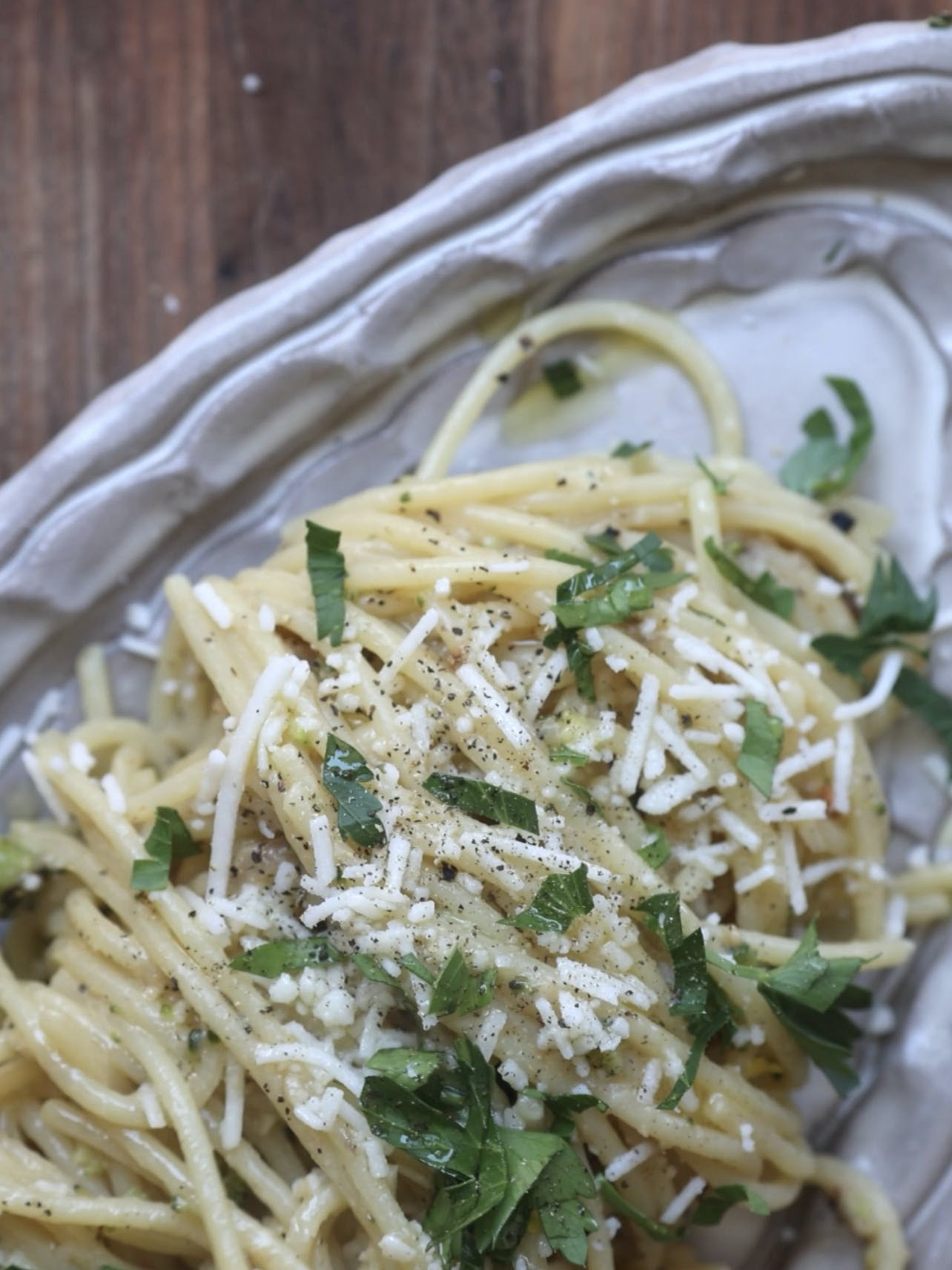
- GIVEAWAY ALERT: In case you missed it, it’s not too late to register for Dr. Sheil Shukla’s BEAUTIFUL new cookbook called Plant-Based India. Sign up above for your chance to win!
- What I’m Watching: I got a sneak peek at an upcoming show on Netflix called Partner Track and I am FULL ON ADDICTED. As you all know, I’ve been watching Extraordinary Attorney Woo (a Korean drama about an autistic lawyer), and Partner Track is kind of like what would happen if a Korean drama married Suits and had a baby. Starring the brilliant Arden Cho (you all might remember her from teen wolf), the new series follows a Korean American woman working at a large law firm in New York City, as she makes her way up that partner track. It’s funny, slightly triggering, and totally susceptible to compulsive watching (with lots of scenes involving Korean food!). The show premieres on August 26, so make sure to look for it then!
- What I’m Talking About: I had a chance to chat with a running teammate of mine, Ryan Jaskiewicz, on his podcast, The Happily Different Podcast. We talk about career changes, goal-setting, and, of course, running. Be sure to check it out!
- New Recipes: I added four new recipes to The Korean Vegan Meal Planner: Mafaldine with Spicy Korean Sauce, Strawberry & Avocado Toast, 2-Ingredient Oreo Cake, and Broccoli and Sausage Pasta. If you’re already a member of the TKV Meal Planner, make sure to look for these! If you’re not a member of the TKV Meal Planner, well what are you waiting for?
Parting Thoughts.

I’ve been vegan now for over six years. I’ve learned a lot about animal activism, the benefits of a plant-based diet, climate change, and myself as I’ve tried to live a more compassionate life. But, the most profound lesson came from an unexpected source: a Buddhist monk living on top of a mountain in South Korea.
In 2019, I had the honor of spending some time with Jeong Kwan sunim (“sunim” is the Korean honorific for Buddhist monks) in her home at the Chunjinam Hermitage. I told her “I’m The Korean Vegan,” showing her my Instagram account and all the pictures I’d taken of my veganized Korean meals. She paused before saying, “Vegan, not vegan. What does it even mean? This way of eating existed long before the word ‘vegan’ did. We’ve been eating this way for over a thousand years.” With a wave of her hand, she dismissed all the preconceptions I’d had about Korean food, revealing a rich history of plant-based cuisine at its heart. Then, she took my hand in her own, and while looking straight into my eyes, she distilled everything about who I want to be into one very simple rule:
“Do the least amount of harm.”
Harm to animals. Harm to the planet. Harm to each other.
Harm to myself.
Do the least amount of harm.
Best,
– Joanne
